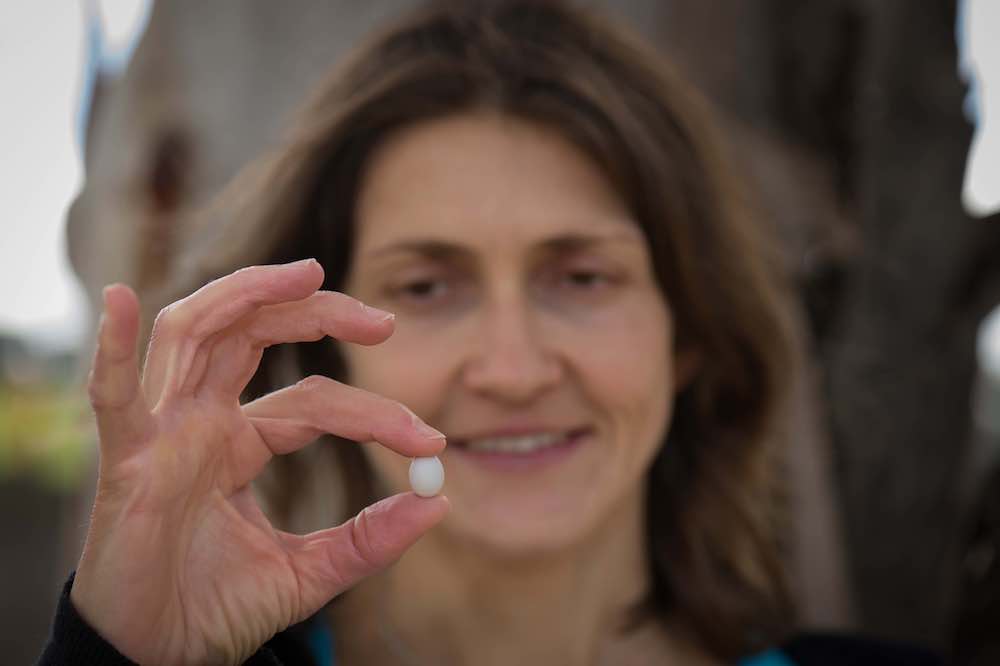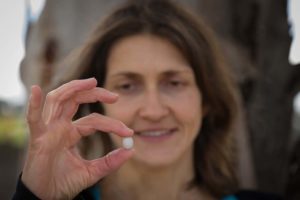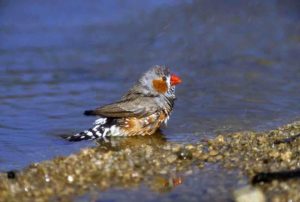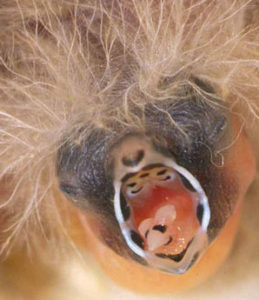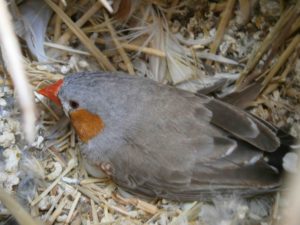This month we aim our spotlight on the Centre for Integrative Ecology at Deakin University and its interdisciplinary research that aims to address how life and society can respond to a rapidly changing world.
The Centre for Integrative Ecology (CIE) was founded in 2010, within Deakin University’s School of Life and Environmental Sciences. The CIE merges interdisciplinary expertise in Ecology, Conservation and Sustainability Science, to provide thorough ecological understanding and public engagement – both essential in an ecologically sustainable future.
The CIE’s integrative approach harnesses a great breadth of expertise to solve complex fundamental and applied problems in ecology, evolution and sustainability. The Centre’s researchers include behavioural ecologists, physiologists, wildlife and evolutionary biologists, geneticists, environmental scientists, and experts in economics, sustainability, bioinformatics and biodiversity conservation, working across terrestrial, marine and freshwater environments.
CIE research is conducted within three themes:
Theme 1. Understanding nature – How do species respond to environmental change, behaviourally, physiologically and evolutionarily?
Theme 2. Sustaining nature in a changing world – What are the proximal threats to biodiversity, how severe are they, and how can threats be mitigated?
Theme 3. Sharing one planet: Ecologically sustainable systems – How can human populations be sustained on the planet, while at the same time ensuring other species and ecosystems remain functionally important and are not driven to extinction?
Fire ecology and post-fire recovery
Professor Don Driscoll, the Director of CIE, and immediate past president of the Ecological Society of Australia, has conservation biology as a central research theme, with a focus on how species use whole landscapes, particularly the role of dispersal. He is actively involved in several projects around Fire Ecology (within Theme 2).
Don is an advocate of the duty of scientists to provide factual information and a regular contributor to The Conversation. In the aftermath of the recent Australian summer bushfires Don wrote about the value of planned effort to reduce weed loads in bushland – as a highly valuable contribution that will help rescue our beleaguered ecosystems.
“The key motivator for me is biodiversity conservation. Weeds like gorse, broom and lantana have no particular redeeming features, but threaten many native species, reducing our natural heritage and making it harder for Australia to meet obligations under the convention for biological diversity.”
Professor Don Driscoll, Deakin University
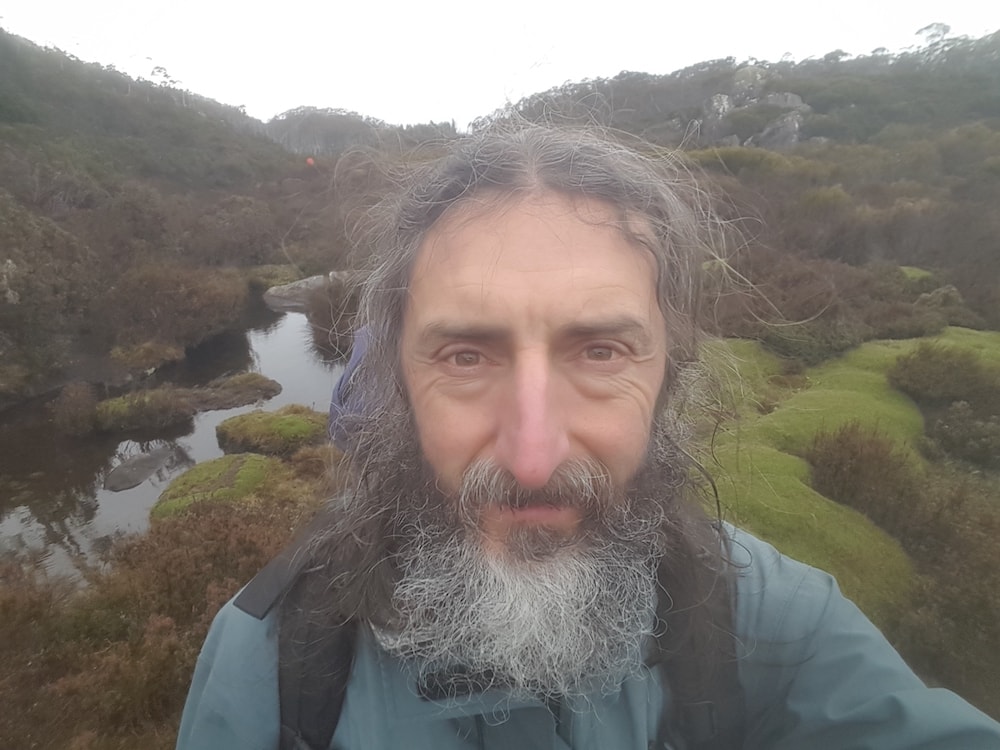
The effects of early life stress in birds
In an ARC Discovery project in Theme 1, CIE Professor Kate Buchanan and ARC DECRA fellow Dr Mylene Mariette are working on prenatal acoustic communication in birds and its importance for early development and adaptation to rapidly changing environmental conditions. This project seeks to determine when and how passerine birds can hear prior to hatching and the implications for parent-embryo signalling and developmental programming.
Kate and Mylene studied incubation calling by the Australian zebra finch. Zebra finch parents emit unusual calls in the last 5 days before hatching. Microphones placed in the nest revealed that these were special heat-calls only made when ambient temperature was above 26 degrees.
In one key experiment, eggs were placed in an artificial incubator, with parents absent. Some eggs heard recordings of heat calls while others heard another control call. The chicks that heard the heat-calls showed clear differences in their begging vocalisations and displayed different growth rates. They gained less weight in hot nests, but at adulthood produced more offspring.
This is the first time incubation calling has been shown to alter bird growth and development, and the only known strategy for birds to prepare their offspring for hot weather. And when these birds bred, they chose warmer places.
Tackling Sustainable Development Goals – close to home
In theme 3 Professor Brett Bryan is a geographer and modeller working at the nexus of nature and society. Brett’s lab – Planet A is finding solutions for sustainability in land systems amid cross-cutting issues such as climate change, food security, nature conservation, water resources, energy, land degradation, and ecosystem services.
In January 2019 Planet A launched the Local SDGs Program with several Victorian partners focusing on charting pathways towards achieving UN Sustainable development goals (SDGs) in local communities.
Communities (including case study areas in the Forrest/Otways and Goulburn-Murray regions) are asking how can they be more resilient, adaptive, cleaner, greener, manage risks, and cope with surprises? The team is helping to answer this and other questions using innovative computational and participatory approaches.
The aim is to go beyond the two case studies and develop a framework that will be applicable across rural/regional Australia. Widespread uptake of the framework – for analysis, consulting and developing strategies for actions to build local sustainability can help Australia and the world achieve the UN’s Agenda 2030 and the global Sustainable Development Goals (SDGs) from the bottom up.


